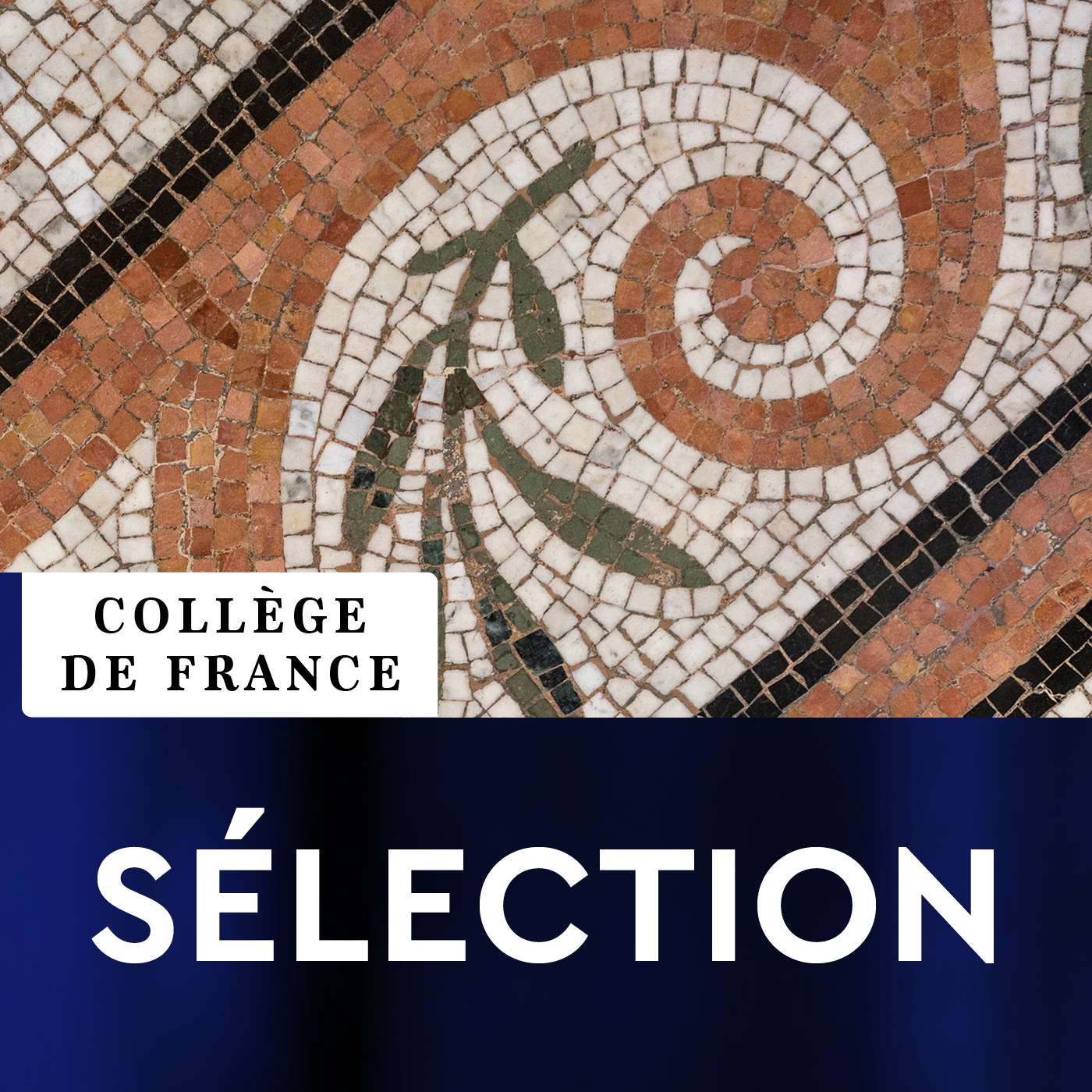Sorry, no results.
Please try another keyword

Épisode
19 juin 2025 - 1h 3min
Anne ChengCollège de FranceHistoire intellectuelle de la ChineAnnée 2024-2025Conférence - Naoko Shimazu : Japan at the 1919 Paris Peace ConferenceWar and Peace: A Global History of Japan, 1904-1943Naoko ShimazuProfessor and Deputy Director, Tokyo CollegeNaoko Shimazu est invitée par l'assemblée du Collège de France sur proposition de la Pr Anne Cheng.RésuméIt...
Anne ChengCollège de FranceHistoire intellectuelle de la ChineAnnée 2024-2025Conférence - Naoko Shimazu : Japan at the 1919 Paris Peace ConferenceWar and Peace: A Global History of Japan, 1904-1943Naoko ShimazuProfessor and Deputy Director, Tokyo CollegeNaoko Shimazu est invitée par l'assemblée du Collège de France sur proposition de la Pr Anne Cheng.RésuméIt is not well known that Japan fought as one of the Allied powers in the First World War, as Japan was a naval alliance partner of Britain from 1902. At the Paris Peace Conference of 1919, Japan attended it as the fifth largest great power in the world, after the United States, Britain, France and Italy, represented by high profile statesmen – Woodrow Wilson, David Lloyd-George, Georges Clemenceau and Vittorio Orlando. This lecture situates Japan in the world in 1919, and what the peace conference had meant for Japanese politics and foreign policy in the 1920s and beyond. What is most striking about the Japanese participation at Paris was that it proposed a racial equality proposal to be inserted into the League of Nations Covenant which was drafted in the League of Nations Committee headed by the American president Woodrow Wilson. Why did the Japanese delegation propose a principle of international justice? The lecture will offer explanations as to why the Japanese wanted to submit this proposal, and the long and difficult negotiation it had to endure in the process. What the Japanese had not realized was that this proposal had been misconstrued by the British Empire delegation, especially the Australian premier Billy Hughes who insisted on blocking it by arguing that it amounted to free immigration of all peoples into Australia and other settler territories.
Afficher plus
Anne Cheng
Collège de France
Histoire intellectuelle de la Chine
Année 2024-2025
Conférence - Naoko Shimazu : Japan at the 1919 Paris Peace Conference
War and Peace: A Global History of Japan, 1904-1943
Naoko Shimazu
Professor and Deputy Director, Tokyo College
Naoko Shimazu est invitée par l'assemblée du Collège de France sur proposition de la Pr Anne Cheng.
Résumé
It is not well known that Japan fought as one of the Allied powers in the First World War, as Japan was a naval alliance partner of Britain from 1902. At the Paris Peace Conference of 1919, Japan attended it as the fifth largest great power in the world, after the United States, Britain, France and Italy, represented by high profile statesmen – Woodrow Wilson, David Lloyd-George, Georges Clemenceau and Vittorio Orlando. This lecture situates Japan in the world in 1919, and what the peace conference had meant for Japanese politics and foreign policy in the 1920s and beyond. What is most striking about the Japanese participation at Paris was that it proposed a racial equality proposal to be inserted into the League of Nations Covenant which was drafted in the League of Nations Committee headed by the American president Woodrow Wilson. Why did the Japanese delegation propose a principle of international justice? The lecture will offer explanations as to why the Japanese wanted to submit this proposal, and the long and difficult negotiation it had to endure in the process. What the Japanese had not realized was that this proposal had been misconstrued by the British Empire delegation, especially the Australian premier Billy Hughes who insisted on blocking it by arguing that it amounted to free immigration of all peoples into Australia and other settler territories.
Pas de transcription pour le moment.
Collège de France
Collège de France
Vous devez être connecté pour soumettre un avis.
Collège de France